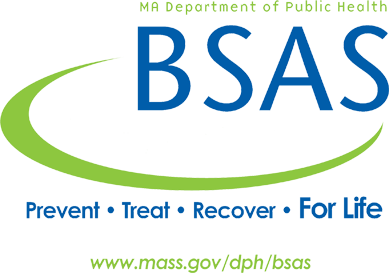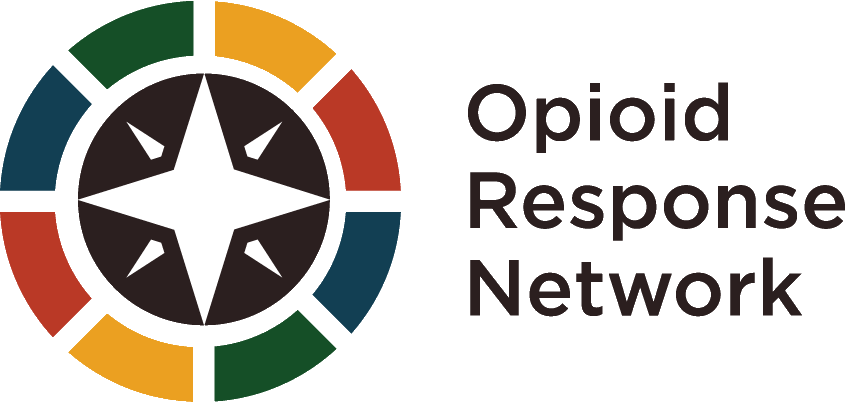An article published by Pew Charitable Trusts informs individuals of the purpose for syringe services programs (SSPs) through a multifaceted analysis of trends in public health. The article accentuates the need for SSPs, as such programs advocate for harm reduction strategies, reduce stigmatization, and incentivize individuals experiencing substance use disorders to reach out for supportive treatment. Pew’s article investigates the toxicity of misinformation and stigmatization: State legislatures fail to correlate increasing rates of infectious diseases and overdoses with unsterile syringe practices, especially as access to prescribed opioids becomes more restrictive and illicit opioids become more prevalent. The article is a great source for policymakers to understand the merit and necessity of SSPs operations, including how these programs are safely and effectively established.
To read the full article, click here.





